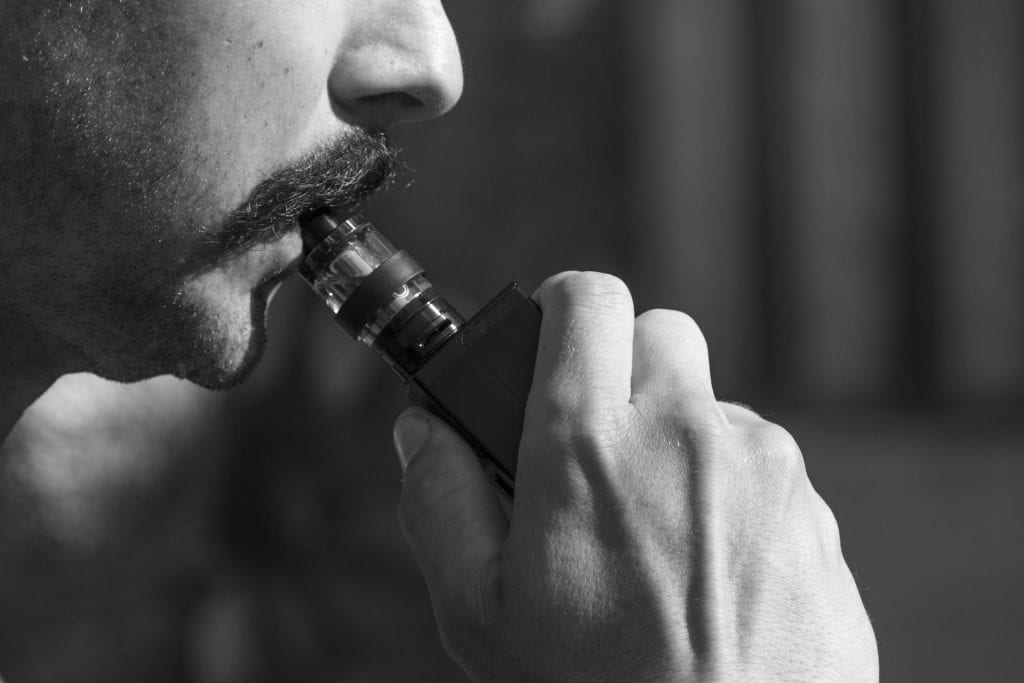
Misinformation in the vapor industry is a growing concern, according to an industry advocacy group. The Canadian Vaping Association (CVA) says its alarmed by the resurgence of media reports inaccurately depicting vaping as being as harmful as smoking, as well as linking vaping to increased COVID-19 symptom severity.
The organization says both claims have long been disproven and it is concerning to see a sudden return of misinformation coming out of the United States.
Darryl Tempest, executive director of the CVA says that disregarding the facts in bad faith jeopardizes the health of millions of smokers globally.
In addition to misleading smokers about the relative harm vaping products pose, Tempest says it is equally troubling to the CVA that many publications continue to link vaping to COVID-19 long after health authorities have verified that there is no proven connection. The Food and Drug Administration (FDA) has stated, “E-cigarette use can expose the lungs to toxic chemicals, but whether those exposures increase the risk of COVID-19 is not known.,” a press release states.
The Science Media Research Center released statements regarding their understanding of vaping and COVID-19, and these statements clearly demonstrate that the scientific community recognizes the great harm reduction potential of vaping products.
“There is no evidence that vaping increases the risk of infection or progression to severe conditions of COVID-19. However, vapers with a long previous smoking history could exhibit conditions seen in vulnerable patients. However, this would not be an effect of vaping but of previous smoking. Since completely switching from smoking to vaping improves cardiovascular and respiratory conditions, smokers who switch to vaping might be expected to have a better prognosis if infected by COVID-19,” said Dr. Caitlyn Notley. “E-cigarettes are the most popular consumer option for stop smoking support, and they are effective. People should be encouraged to switch to vaping rather than continuing to smoke tobacco.”.







